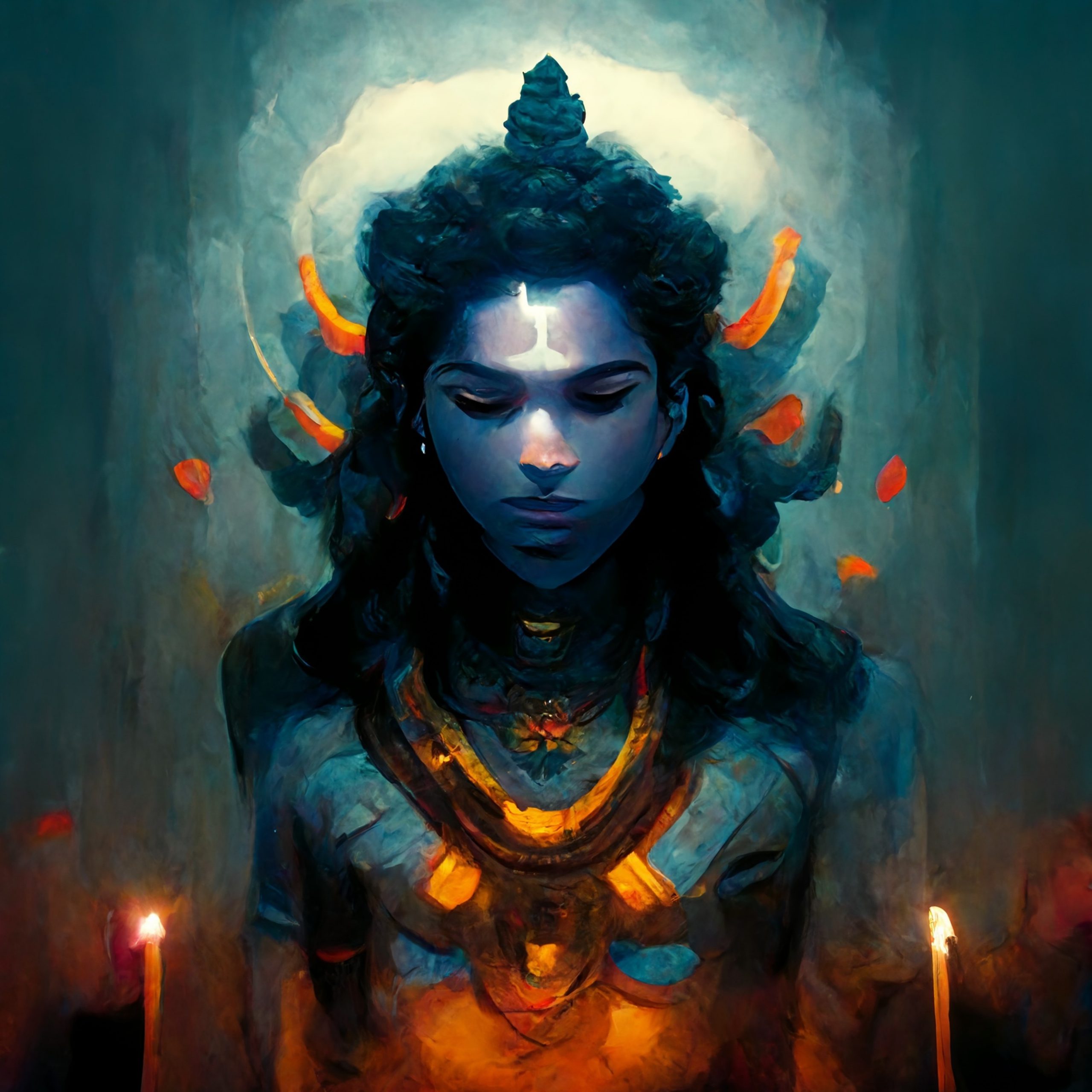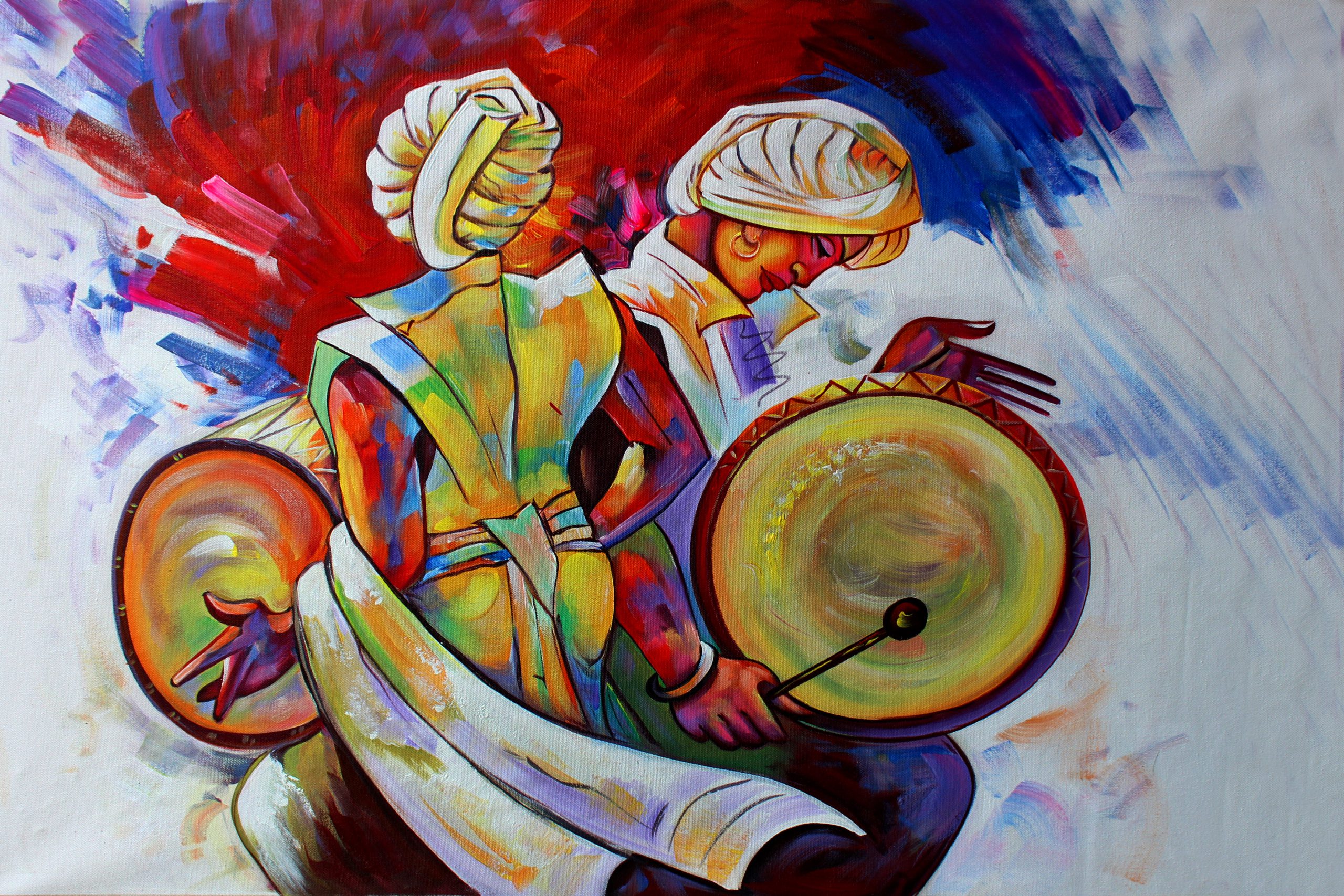Shiva is one of the most powerful gods in Hinduism and is known as the Destroyer. He is associated with the forces of creation and destruction, as well as change and transformation. Shiva is the god of time and the cosmic force behind creation and dissolution. He is often depicted as a meditating yogi and is the source of the divine energy that sustains the universe.
Shiva is the supreme deity of the Hindu trinity, which includes Brahma (the creator) and Vishnu (the preserver). He is the embodiment of cosmic energy, the source of all life, and the one who transcends time and space. Shiva is also known as the destroyer, since he is responsible for the destruction of the universe. He is often depicted as a fierce God, but he also has a compassionate side, often shown as a loving husband and father.
Shiva is often associated with the symbol of the lingam, which is a representation of divine energy and the embodiment of the cosmic life force. Shiva is also connected to the element of fire, which is a symbol of transformation and renewal. Shiva is said to be the lord of the dance and the god of music, and is often depicted as dancing in a circle of fire. He is also associated with the element of water, which is a symbol of purification and cleansing.
Shiva is believed to be the source of all knowledge and wisdom, and is said to be the master of yoga and meditation. He is also said to be the source of all power and energy, and is believed to be the overseer of the universe. Shiva is the preserver and protector of dharma, or the cosmic order, and is said to be the one who grants boons and bestows grace. He is considered to be the most powerful god in Hinduism, and is often invoked in times of trouble and despair. Shiva is also said to be the one who can grant moksha, or liberation from the cycle of birth and death.




